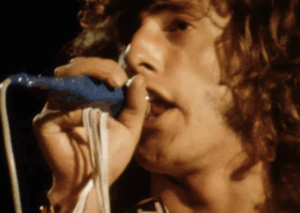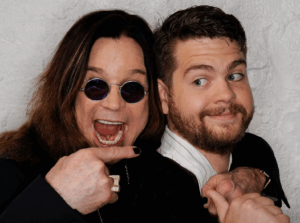Paul McCartney’s Candid Interview That Shattered The Beatles’ Perfect Image

via PaulandGeorge / YouTube
When The Beatles first broke into the global spotlight — particularly with their American debut — they were seen as the clean-cut poster boys of rock ‘n’ roll. Polite, charming, and well-groomed, they fit perfectly into the cultural norms of the early 1960s. In contrast, other bands of the era, like The Rolling Stones, embraced a rougher, more rebellious image.
For a time, Paul McCartney and the rest of the band stayed true to their wholesome persona. But while they never fully embraced the “bad boy” archetype, their image gradually shifted. By the mid-1960s, The Beatles began shedding their innocent facade, evolving into figures of the emerging counterculture.
It’s hard to say whether this transformation was a calculated move — and honestly, it doesn’t really matter. What’s clear is that by 1966, the band’s image was shifting. One moment that symbolized this change came in 1967, when Paul McCartney openly admitted on national television that he had taken LSD.
The Big Reveal
At the time, McCartney’s admission was shocking — not necessarily because of the drug use itself, but because of the group’s previously untouchable, clean-cut image. In today’s world, it might seem trivial. But in the late 1960s, when celebrity behavior was still tightly scrutinized and the media held significant sway, it caused a media frenzy.
The revelation started with a 1967 Life Magazine interview, where McCartney casually mentioned his use of the psychedelic drug. The story quickly made headlines, prompting Britain’s Independent Television News to arrange a follow-up interview to address the public reaction.
McCartney Defends His Honesty
In that interview, McCartney explained why he chose to be honest about his LSD experience:
“I was asked a question by a newspaper, and the decision was whether to tell a lie, or to tell him the truth.”
Although he faced criticism for supposedly promoting drug use, McCartney made it clear that he wasn’t endorsing LSD — he was simply answering a question truthfully. He placed the blame for the controversy squarely on the media’s shoulders, stating:
“To say it, you know, is only to tell the truth. I’m telling the truth… I was asked, ‘Whether I had or not,’ and then from then on, a whole bit about how far it’s going and how many people it’s going to encourage is up to the newspapers and up to you.”
He added,
“You’re spreading this now at this moment. This is going into all the homes in Britain, and I’d rather it didn’t.”
A Turning Point for The Beatles
McCartney’s comments raised a legitimate point about media responsibility — but unsurprisingly, the press didn’t back down. The story was too big to ignore, and it marked a turning point in how The Beatles were perceived.
Was it McCartney’s job to stay quiet about his personal choices? Maybe. But from that moment on, The Beatles were no longer just the charming boys from Liverpool. They became bolder, more complex, and unmistakably part of the cultural revolution that defined the late ‘60s.













